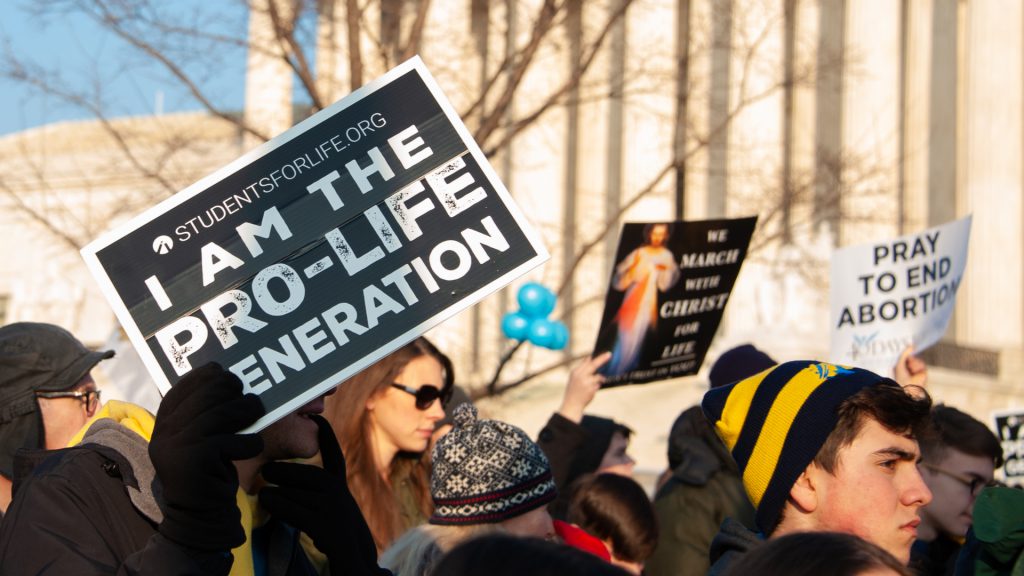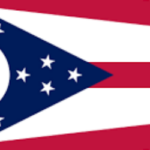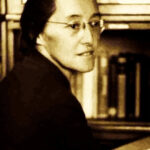
Published January 17, 2020
The January 2017 Women’s March on Washington was the first of its kind, drawing an estimated 400,000 women (and a few brave men) to Washington to protest the election of President Donald J. Trump. It claimed to be a movement representing virtually all women — that is, until a story in The Atlantic magazine revealed that a pro-life women’s group, New Wave Feminists, had been granted partnership in the event. The Women’s March quickly changed course, stating on their website that “the Women’s March’s platform is pro-choice and that has been our stance from day one. The anti-choice organization in question is not a partner of the Women’s March on Washington. We apologize for this error.” While the New Wave Feminists showed up for the Women’s March anyway (where their signs were torn apart and they were heckled and harassed by March participants), the controversy indeed begged the question: Will the real pro-woman movement please stand up?
To the Founding Feminists — women like Susan B. Anthony, Elizabeth Cady Stanton, Victoria Woodhull, Alice Paul — the answer would have been an obvious one. Working for the protection of the unborn in the law was as much a woman’s cause as advocating for women’s right to vote, to own their own property, and to enroll in medical and law schools. It would never have occurred to the suffragettes that voices that purported to be for women would at the same time speak out against unborn children.
For supporters of legal abortion, the pro-life position of the early feminist leaders presents an inconvenient truth. If they acknowledge the Feminist Foremothers’ pro-life stance at all, they attempt to explain away their opposition to abortion by noting that it was really just a campaign against back-alley abortions — a sort of 19th-century consumer protection campaign that in no way implied a moral defense of the unborn. However, in their writings and speeches, the founding feminists made the case — with clarity and force — that opposition to abortion was rooted in their commitment to nonviolence, to radical equality, to science, to children’s rights and to imposing “men’s solutions to women’s problems” on their pregnant sisters.
Mary Wollstonecraft, for example, specifically addressed the negative consequences for women who “destroy the embryo in the womb.” Her groundbreaking “Vindication of the Rights of Women,” where she argued for equal education of both sexes, was subsequently serialized in Susan B. Anthony’s newspaper, The Revolution. Of women who procured abortion, she wrote, “Nature in everything demands respect, and those who violate her laws seldom do so with impunity.” Susan B. Anthony’s famous speech, “Social Purity,” explicitly and publicly condemned “abortion and infanticide” as “perpetual reminders” of a male-dominated society that did not properly provide for and protect pregnant women and their newborns.
One does not need to look very hard to find the damage that abortion — legal and illegal — has inflicted upon the world’s women. From China’s barbaric one-child policy that resulted in forced abortions and thousands of abandoned female infants, to the sex-selection abortions that are almost exclusively performed on pre-born baby girls (India’s newspapers widely reported in early 2019 that, in a period of only six months, not a single girl was born in 16 villages in the Uttrakhand region of the country), to the women who died at the hands of Philadelphia abortionist Kermit Gosnell, women suffer in countless horrifying ways from the very “right” they are assured is the key to their development of their full human potential and freedom.
It is not a coincidence that most pro-life groups — from national ones such as the March for Life itself, the Susan B. Anthony List and Americans United for Life, to local pregnancy centers such as Chicago’s Aid for Women or Maggie’s Place in Phoenix — are all headed by women. The Sisters for Life, an order of religious women founded in New York City by late Cardinal John O’Connor, take a special fourth vow — in addition to the typical vows of poverty, chastity and obedience — committing themselves in a special way to the protection of all human life from the moment of conception. And as many a parish priest will tell you, Catholic parish pro-life groups, diocesan Respect Life offices and other grassroots efforts are likely to have a woman at the helm.
And so the March for Life’s theme for 2020, Pro-Life is Pro-Woman, is underscored by the historical record and the witness of the earliest feminists. It is supported by the selfless commitment of today’s pro-life women who are the original multi-taskers, often juggling their own professional, personal and familial duties to be of service to pregnant women in need — often women they don’t and may never know.
The theme of this year’s March will be controversial in some quarters and mocked in others. It contradicts the mainstream media narrative asserting that legal abortion is women’s freedom, and that people and institutions opposed to abortion are the enemies of women. The pro-choice narrative insists that the millions of pro-life women who exists across the globe must be so only because they are uneducated, backwards religious fanatics who have been influenced by men trying to control them and their bodies.
Yet it is the pro-life movement that is the true movement for women. Today’s pro-life feminists, inspired by their predecessors, continue to assert that, as pro-life Catholic feminist philosopher Sidney Callahan has noted, “Equal protection and nonviolent support is owed to each and every human life.” Far from being the dupes of domineering men, pro-life women, in fact, hope to achieve genuine equality for women, working for a world in which every pregnancy, planned or unplanned, is always accommodated and celebrated as a gift that only women can bring.
Mary Hallan FioRito is an attorney and the Cardinal Francis George Fellow at the Ethics and Public Policy Center in Washington, D.C., and the deNicola Center for Ethics and Culture at the University of Notre Dame. She writes from Chicago.









